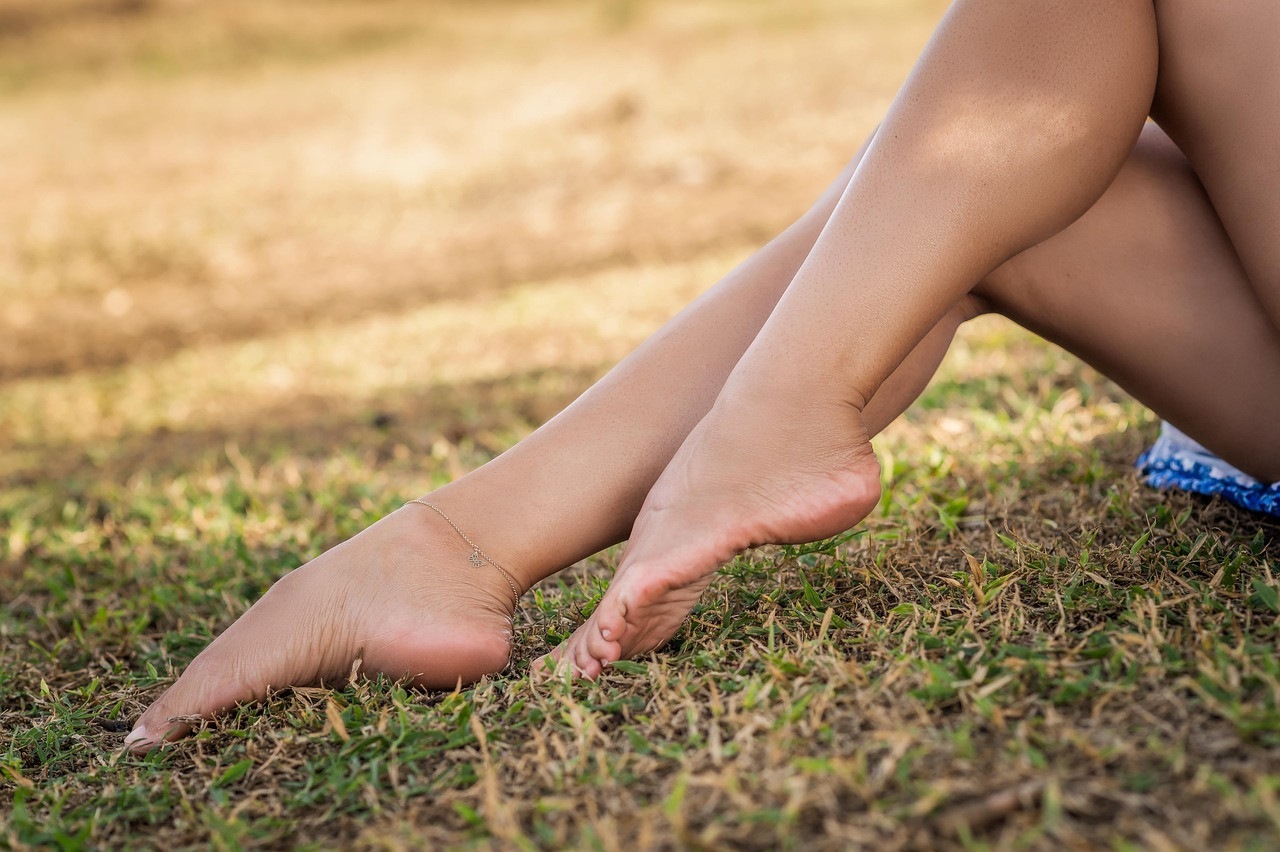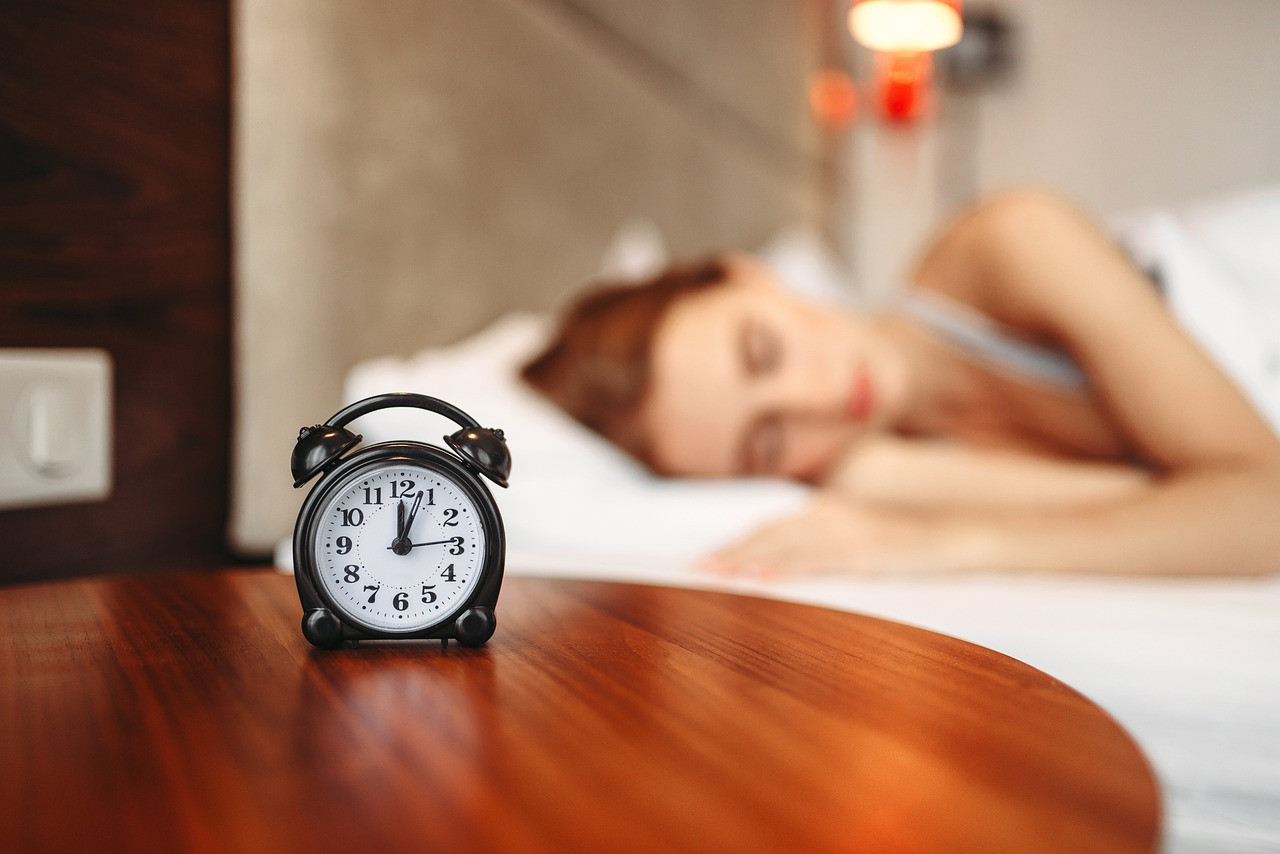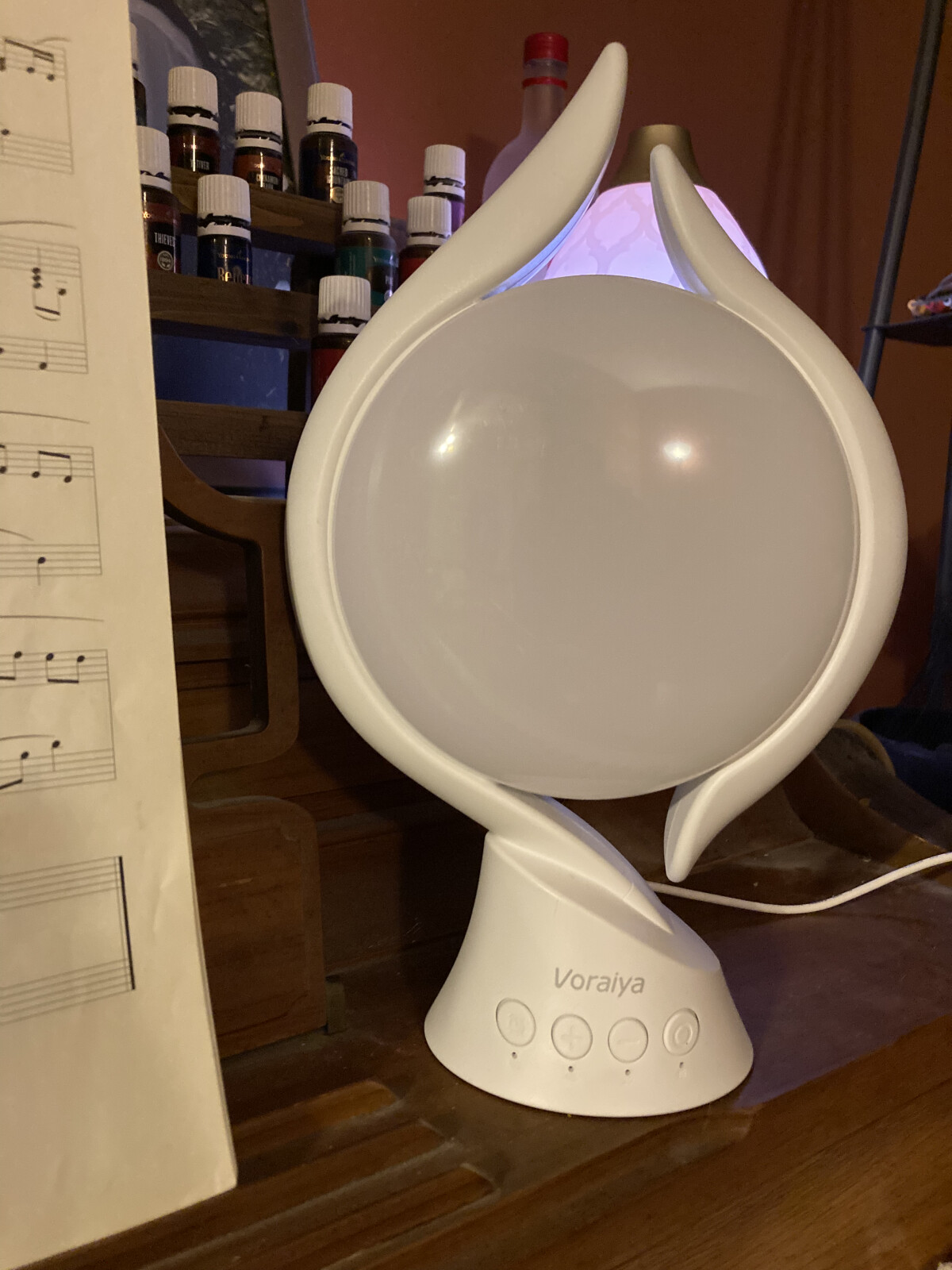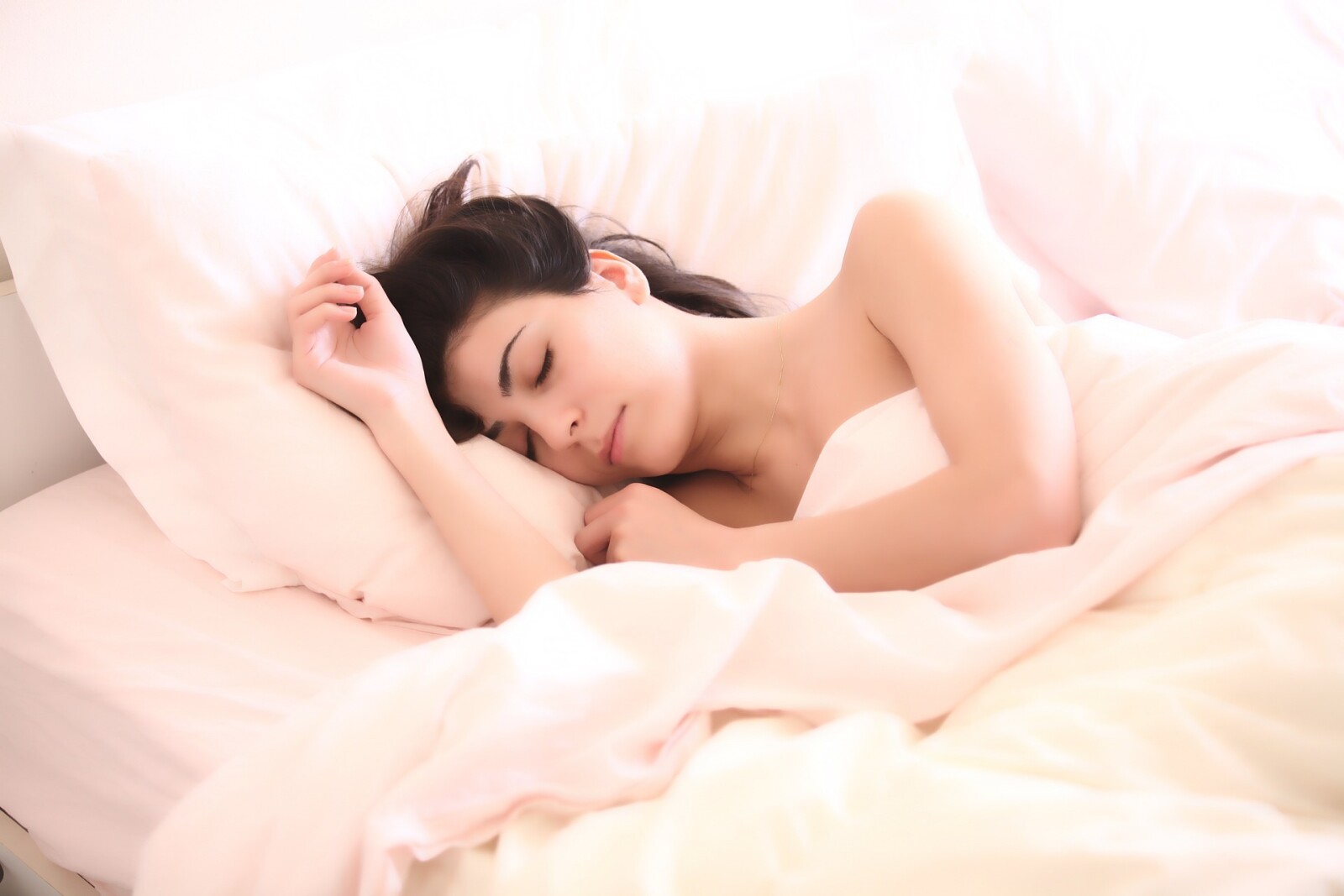









For years, I was trapped in a fog, never feeling 100%, always tired but too stressed out to get a good night’s sleep, struggling through headaches 3-4 times each week. Almost every afternoon at work, I would hit that mid-afternoon slump and be unable to keep my eyes open. Often, my headaches would start around this same time and last through the rest of the day. All I wanted to do was go home and sleep, but when I went to bed, my thoughts would race, and I wouldn’t be able to fall asleep.
I felt like I was stuck in a never-ending cycle of fatigue – tired all day and wide awake at night, and the headaches just made it all more difficult to deal with. I pushed on as well as I could through the sleepiness and the pain, but I never felt like I was functioning at full capacity.
Then, I started making some changes in my life and becoming aware of what I was putting in and on my body. Over time, I realized that my headaches were becoming less frequent, and my sleep quality, energy, and mental clarity were improving.
Now, a couple years later, I feel my energy levels remain steady from the time I wake up until I go to bed. I am able to quiet my anxious thoughts and fall asleep quickly at night. And the headaches? They’re so infrequent that I can’t even say how often they come – maybe 3-5 a year?
It wasn’t even that difficult a change to make. I just swapped out products in my life that were contributing to my bad health, and I replaced them with versions that enhance my wellness instead.
It’s a step-by-step process that you can take at your own pace, and I am here to be your guide on the journey and empower you to take back your own health! Take a look around my blog or join my free Facebook group where we discuss tips for how to take back your health and live your life abundantly!